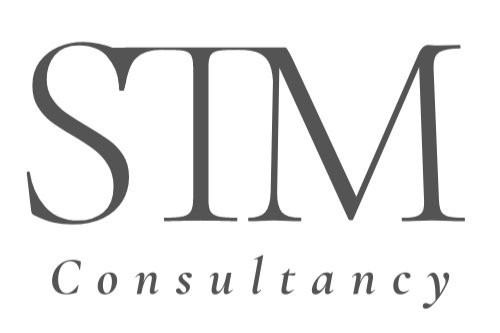Understanding the UAE’s Position on DORA Compliance: What Investment Firms and Family Offices Need to Know
The UAE’s Stance on DORA Compliance: A Guide for Investment Firms and Family Offices
The Digital Operational Resilience Act (DORA) is reshaping the compliance landscape for financial entities in the European Union, but what does this mean for investment houses and private family offices operating in the UAE? As regulatory frameworks evolve globally, firms in the UAE must assess their position in relation to DORA and implement best practices to ensure compliance, security, and operational resilience.
What is DORA?
DORA is an EU regulation designed to strengthen the digital operational resilience of financial entities. It sets out a comprehensive framework for ICT risk management, incident reporting, digital testing, and third-party risk management. The regulation applies to financial institutions, investment firms, insurance companies, and ICT service providers within the EU.
Is DORA Relevant for UAE-Based Investment Firms?
While DORA is an EU regulation, its implications extend to non-EU entities, particularly those engaged in cross-border financial activities or partnerships with EU-based institutions. UAE-based firms with European clients, subsidiaries, or regulatory dependencies may be required to align with DORA’s provisions to maintain seamless operations and credibility.
Key Considerations for UAE Compliance Heads
ICT Risk Management – UAE investment firms and family offices must enhance cybersecurity and digital risk frameworks in alignment with DORA’s guidelines.
Incident Reporting Obligations – Firms with EU operations or partnerships must develop clear incident reporting mechanisms to meet compliance expectations.
Third-Party Risk Management – Given the UAE’s role as a global financial hub, firms must scrutinize their ICT service providers to ensure they meet DORA’s security standards.
Operational Resilience Testing – Regular stress testing and risk assessments will be essential for firms looking to demonstrate compliance and maintain trust with EU stakeholders.
Regulatory Alignment – The UAE has its own cybersecurity regulations, such as the UAE Information Assurance Standards (IAS) and DIFC’s Data Protection Law. Firms should integrate these with DORA to ensure comprehensive compliance.
Steps for UAE Firms to Prepare for DORA
Conduct a regulatory impact assessment to determine exposure to DORA requirements.
Strengthen digital resilience frameworks in line with UAE and EU standards.
Develop incident response strategies aligned with EU reporting requirements.
Implement third-party risk assessments for service providers.
Engage in regular compliance training for internal teams.
Conclusion
Although DORA is an EU regulation, its influence extends beyond European borders, affecting firms with global operations. UAE-based investment firms and private family offices should proactively evaluate their digital resilience frameworks and ensure alignment with international best practices. By doing so, they can enhance their operational stability, protect client interests, and maintain their reputation in an increasingly regulated global financial landscape.
For compliance teams in the UAE, staying ahead of DORA compliance is not just about meeting EU standards—it’s about fortifying their own digital resilience in a rapidly evolving financial world.

